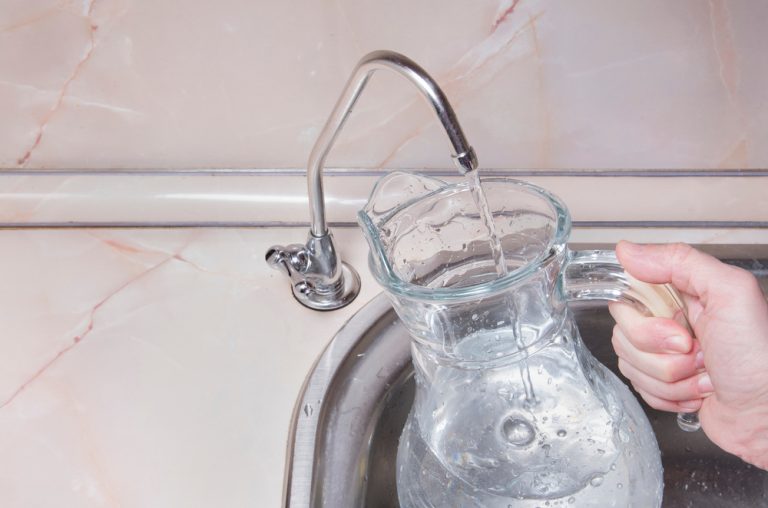Bottled water is perceived as the cleanest and best one to choose. We spend a lot of money on it, carry a lot of heavy bottles, and inevitably litter the environment with plastic waste. But have you ever wondered if it is the optimal way to drink water?
A long way home
We use tap water every day. We use it not only to prepare hot and cold drinks, to cook but also to wash. Ostensibly, tap water meets restrictive EU standards and is safe for human consumption, but before it reaches the tap it travels through hundreds of kilometers of steel, lead, or PVC pipes. During its travels, its smell and taste get worse, due to the absorption of various chemical substances from the pipes, which makes it difficult to consume directly from the tap.
The fastest and cheapest way to treat water is to use pitcher filters. They eliminate chlorine and contaminants precipitated from water supply systems, guaranteeing water purity.
A litre of perfectly clean water for 10 cents? It is possible!
So how to take care of the environment at a low cost? Water filters can be one of the ways. A single cartridge can provide 150 to 200 litres of high-quality water, which equals about 100 bottles of water from the store. When using some water filters, a liter of perfectly clean water costs only 10 cents!
In addition, the use of filters softens tap water, so household appliances do not accumulate onerous tarnish. This significantly extends their life.
For magnesium deficiency - water
One of the points constantly raised by the dietitians is the commonness of magnesium deficiency in the population. Research shows that almost 30 percent of women and 20 percent of men suffer from deficiencies of this mineral.
Reaching for dietary supplements may not be the best way to supplement its deficiency. The best way to provide the body with the required dose of magnesium is to drink water. Properly purified water may level out these deficiencies, and it is worth remembering that magnesium is best absorbed with water.






